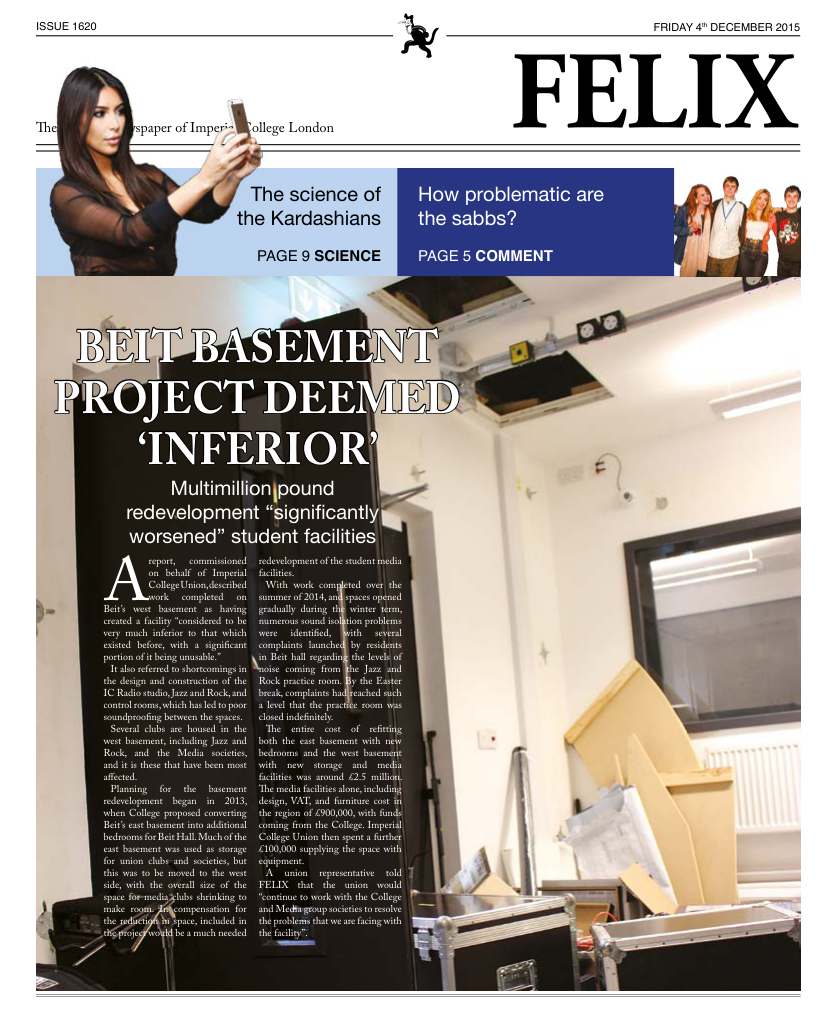Unbranded charts a tale of survival in the wilderness
An awareness-raising film about wild mustangs, Unbranded is entertaining and generous

A warm-hearted, generous film, Unbranded charts the journey of four young Texan men as they travel from Mexico to Canada with a pack of wild, ‘adopted’ mustangs. Immediately we are introduced to the high-stakes game they are playing as, during the opening minutes, one is kicked hard in the shoulder, and another desperately tries to control his bucking bronco. Despite the vast vistas on display, during a journey that takes in Idaho, Utah, Arizona, Montana, and Wyoming, Unbranded manages to – like Tommy Lee Jones’ excellent 2014 anti-western The Homesman – make the classic American wilderness seem isolatedly bleak, dangerous, and utterly unforgiving.
Exploring an ideological battle I had no idea existed, Unbranded was made to raise awareness about the plight of the wild horse in the USA: in the 1970s an act was passed allowing mustangs to graze on public land, but this has led to a ballooning of number, making it difficult for any other livestock, and indeed the horses themselves, to survive. The Bureau of Land Management (BLM) is responsible for keeping these numbers down by keeping horses in captivity, but adoption rates have dropped dramatically, and now numerous horses are kept in cages rather than roaming free. Mustang activists campaign against the BML, accusing them of some kind of horse-genocide that could only be spouted with such fervour in America.
The film’s entertaining premise, earnest motivations, and refusal to sugarcoat the dangers of nature, make it a very worthwhile watch
It is an interesting topic, one that could probably be explored in a greater amount of detail, although the film does well to get us up to speed on the main points. I am sceptical, however, about the effect the film will have, since the issue doesn’t really translate to our small isle. Furthermore, I don’t know how much it will encourage people in the USA: training a mustang takes four months of hard work, and – as the film shows – human intervention is perhaps not what is best for the horses. Two are struck lame by the end of the first state, and one dies before they reach the end.
But the emphasis of the film is on the companionship of the four young men, and the dangers of their difficult journey, and if we see the film as a document of that, rather than a campaign flick, it works rather well. There are elements that seem excessively cheesy at times – when one of the four white, straight men says ‘there’s not enough room out there for [the horses] and there’s not enough room out there for us’, I must admit I scoffed – and some aspects make the entire thing seem like an advertisement for Jim Bean bourbon. Despite this, however, the film’s entertaining premise, earnest motivations, and refusal to sugarcoat the dangers of nature, make it a very worthwhile watch.
Final Verdict: 3.5 Stars










